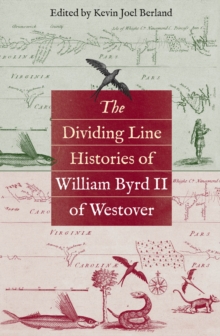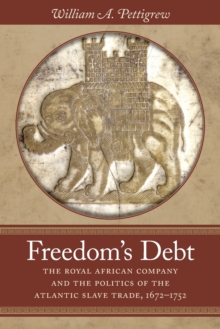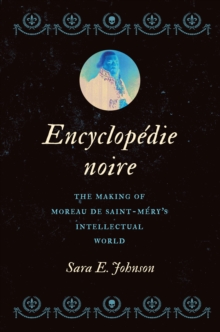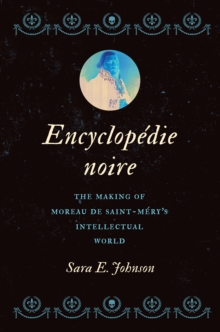
Mining Language : Racial Thinking, Indigenous Knowledge, and Colonial Metallurgy in the Early Modern Iberian World Hardback
by Allison Margaret Bigelow
Part of the Published by the Omohundro Institute of Early American History and Culture and the University of Nor series
Hardback
Description
Mineral wealth from the Americas underwrote and undergirded European colonization of the New World; American gold and silver enriched Spain, funded the slave trade, and spurred Spain's northern European competitors to become Atlantic powers.
Building upon works that have narrated this global history of American mining in economic and labor terms, Mining Language is the first book-length study of the technical and scientific vocabularies that miners developed in the sixteenth and seventeenth centuries as they engaged with metallic materials.
This language-centric focus enables Allison Bigelow to document the crucial intellectual contributions Indigenous and African miners made to the very engine of European colonialism. By carefully parsing the writings of well-known figures such as Cristobal Colon and Gonzalo Fernandez de Oviedo y Valdes and lesser-known writers such Alvaro Alonso Barba, a Spanish priest who spent most of his life in the Andes, Bigelow uncovers the ways in which Indigenous and African metallurgists aided or resisted imperial mining endeavors, shaped critical scientific practices, and offered imaginative visions of metalwork.
Her creative linguistic and visual analyses of archival fragments, images, and texts in languages as diverse as Spanish and Quechua also allow her to reconstruct the processes that led to the silencing of these voices in European print culture.
Information
-
Out of Stock - We are unable to provide an estimated availability date for this product
- Format:Hardback
- Pages:376 pages, 21 halftones, 5 maps, 2 tables
- Publisher:The University of North Carolina Press
- Publication Date:30/05/2020
- Category:
- ISBN:9781469654386
Other Formats
- PDF from £102.00
Information
-
Out of Stock - We are unable to provide an estimated availability date for this product
- Format:Hardback
- Pages:376 pages, 21 halftones, 5 maps, 2 tables
- Publisher:The University of North Carolina Press
- Publication Date:30/05/2020
- Category:
- ISBN:9781469654386










